Start a Program:
If you're interested in starting a living wage certification program, let us know by submitting the form below.
About this Toolkit
The current economy is failing too many workers and their families. Today, the economy is not serving the millions who are struggling to survive and provide for their families on poverty wages. Even working over full time, many workers struggle in the new American economy.
The certification program outlined in this guide enables organizations to establish their own living wage projects.
It recognizes employers who pay workers decent wages, and encourages conversation among employers about their place in raising employment standards. The living wage certification program is one approach for recognizing employers who pay workers fairly, especially employers in sectors that are dominated by low wages. This toolkit is intended to help worker centers, faith and community groups, and employer associations that are interested in adding this approach to their organizing as they seek economic justice.
Principles & Goals
A Living Wage Certification program in your local area can serve a number of important organizing goals. The program outlined in this toolkit aims to:
Reward and recognize employers who are already paying their workers a living wage.
Encourage employers who are not currently paying a living wage to raise wages to living wage standards and to provide those employers with the tools and incentives to do so.
Challenge unethical employers who drive down wages and standards by publicizing and promoting an ethical alternative.
Connect consumers to employers that provide a living wage and encourage them to spend their money at businesses that treat their employees with dignity and respect by paying them a living wage.
As you read this toolkit and begin organizing your own living wage certification program, identify particular goals you have for the program. Articulate and record these goals as you go about setting up the program, so that you can communicate them clearly to volunteers and staff, external allies and community stakeholders, as well as the initial program participants and their workers!
What is a Living Wage?
The United States is an incredibly wealthy country. Yet, the low federal minimum wage, and low wages more generally, have meant that most working people who create America’s wealth do not share in it.
Figure A shows that workers' productivity has steadily increased even though wages have stagnated or even declined. Instead of sharing our nation’s prosperity, the reality is that many live in poverty, and have actually seen their total wealth and savings decrease, despite working full time and holding multiple jobs in an effort to make ends meet.
Figure B provides more detail on the productivity-pay disparity by showing accumulated growth in productivity; real average hourly compensation; and real median hourly compensation of all workers, and of men and of women.
These facts and figures demonstrate that despite steady economic growth, the majority of working people in America have failed to see their wages grow. Indeed, roughly 60 percent of Americans have actually seen their total income decrease since 1979. While wages remained stagnant, the cost of the goods necessary to survive (food, housing, basic utilities, medical & childcare) continued to increase – every dollar workers earn today buys less than it did 40 years ago. Of course, this wouldn’t be a problem if the minimum wage, and workers’ wages more generally, kept up with inflation. But they haven’t.
Many different groups are capable of administering a living wage certification program.
see instructions in the downloadable toolkit below to set up your own local certification program.
Download the Living Wage toolkit:
In order to promote a more just economy, we seek to strengthen communities by recognizing employers who pay living wages, while also encouraging conversation among employers in our communities about raising employment standards.
The living wage certification program is one way of recognizing employers who pay workers fairly, especially employers in sectors that are dominated by low wages.
This toolkit is intended to help worker centers, faith and community groups, and employer associations that are interested in adding this approach to their organizing as they seek economic justice.

